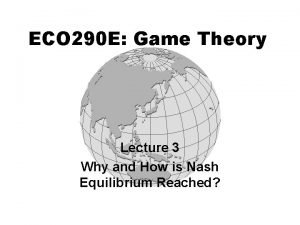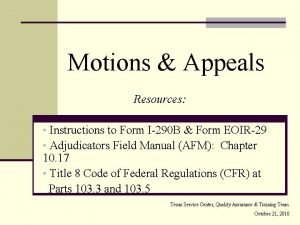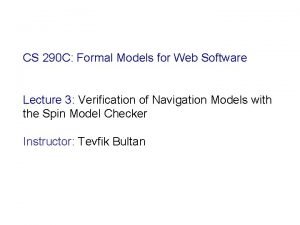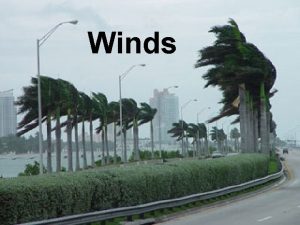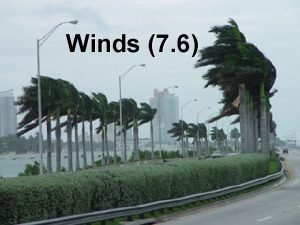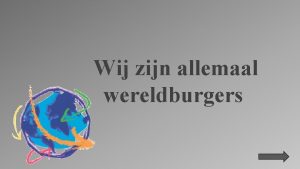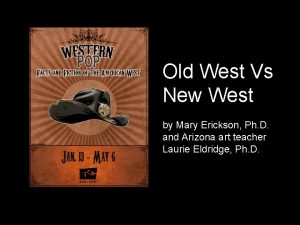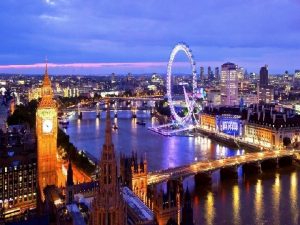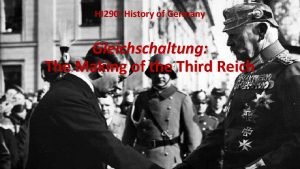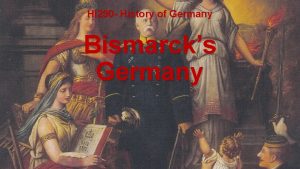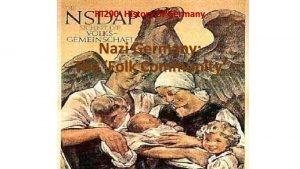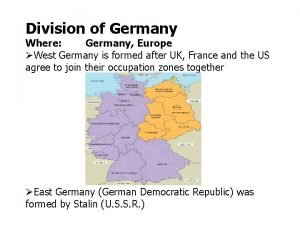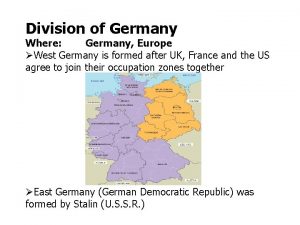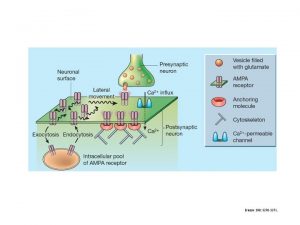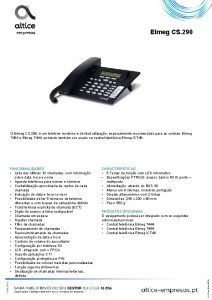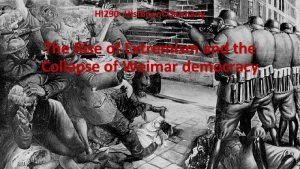HI 290 History of Germany West Germany The













- Slides: 13

HI 290 - History of Germany West Germany: The Adenauer Era, 1949 -63

The Grundgesetz (Basic Law) • Established the Federal Republic of Germany as a federal parliamentary democracy with separation of powers between the Executive, Legislative and Judicial branches of government. • President of the Republic – a largely ceremonial head of state elected by Bundestag members & representatives of the federal Länder. • Bi-cameral parliament: • Bundestag – Elected every 4 years through universal suffrage. 50% of members directly elected, 50% elected through party lists. Parties need to win over 5% of the vote to gain representation. • Bundesrat – Made up of representatives of the Länder, has the power to approve or veto legislation. • Federal Constitutional Court – based on the US Supreme Court, designed to protect the constitution and had powers to settle disputes between the federal government and the Länder. • Chancellor – head of government and elected by the Bundestag. Can only be removed from office through a constructive vote of no confidence.

The 1949 Bundestag Elections Party % of vote Deputies CDU/CSU 31, 0% 139 SPD 29, 2% 131 FDP 11, 9% 52 KPD/DKP 5, 7% 15 DRP 1, 8% 5 DP 4, 0% 17 BP 4, 2% 17 Zentrum 3, 1% 10 Sonstige 9, 1% 16 Chancellor Konrad Adenauer, Economics Minister Ludwig Erhard and President Theodor Heuss, 1949

Konrad Adenauer (1876 -1967) • Born in Cologne, he was a devout Catholic and passionate Rhinelander. • 1917 -33: Served as mayor of Cologne. • 1921 -33: Chairman of the Prussian Council of State. • 1934: Imprisoned by the Nazis. • 1948 -49: Chairman of the Parliamentary Council. • 1949 -63: Chancellor of the FRG. • Pragmatic and authoritarian he has been compared to Bismarck and Stresemann. • Determined to integrate Germany into Western Europe, but did too little to address the problems of the recent past.

“No experiments!”

Anticommunism

The Social Democratic Opposition • The SPD basically the same party which had existed since 1875. • Under Kurt Schumacher it espoused a programme calling for public ownership and a planned economy. • Committed to reunification and opposed European integration in the 1950 s. • The Godesberg program (1959): a definitive turn away from Marxism and towards a Volkspartei (People’s Party). Kurt Schumacher (1895 -1952) Herbert Wehner (1906 -1990)

The Wirtschaftswunder (‘economic miracle’) The architect of the Economic Miracle: Ludwig Ehrhard (1897 -1977), Economics Minister (1949 -63), Chancellor (1963 -6) The fruits of prosperity – new consumer goods and lifestyle.

Gastarbeiter (Guest Workers) The millionth guest worker, the Portuguese Armando Rodrigues, is given a motorbike (1964) Guest Workers in Frankfurt-am-Main (1959)

Foreign Policy • Adenauer’s aims: • International recognition by integration, Democratisation by Westernisation. • Reconciliation with France. • Close relationship with United States – essential for security in bipolar international system (Soviet Threat) • Aims of the Western Powers: • Defeat German militarism and idea of revenge by integration. • Factors which helped rehabilitation: • Perceived Soviet Threat: especially after 1949 (Soviet Atomic Bomb) – German participation needed, good bargaining position for Adenauer: concessions. • Korean War (1950 -1953).

Integration into the Western World • 1949: Organization for European Economic Cooperation. • 1951: Signing (in Paris) of the European Coal and Steel Community (ECSC). • 1952: Signing (in Paris) of the European Defense Community (EDC). The ‘Stalin note’ offering a united neutral Germany. • September 1952: Luxemburg agreement (Reparations agreement between Israel and West Germany) • 1955: Full sovereignty returned to the Federal Republic. West Germany joins NATO. • 1957: The Treaty of Rome is signed establishing the European Economic Community. The Saar returns to Germany as a Land (to be followed in 3 years by economic reintegration). • 1963: French-German Friendship Treaty is signed in Paris.

From Wiedergutmachung (Restitution) to Vergangenheitsbewältigung (Coming to terms with the Past) Hans Globke (1898 -1973) Train carriage made in the Esslingen factory and given to Israel as part of reparations.

The Spiegel Affair (1962) • The affair tested limits of freedom of the press. • News magazine Spiegel had reported the Bundeswehr’s limited readiness for conflict with Russians. • Spiegel offices were occupied by police, Augstein arrested, as well as the article’s author. • The Defence Minister lost his job after lying about his involvement in the arrests; Adenauer himself only lasted to 1963. • Popular demonstrations began to free Augstein; beginnings of widespread protest culture? Copies of Der Spiegel being confiscated from the magazine’s offices.


